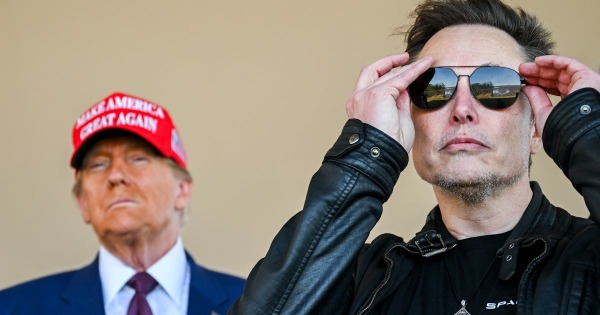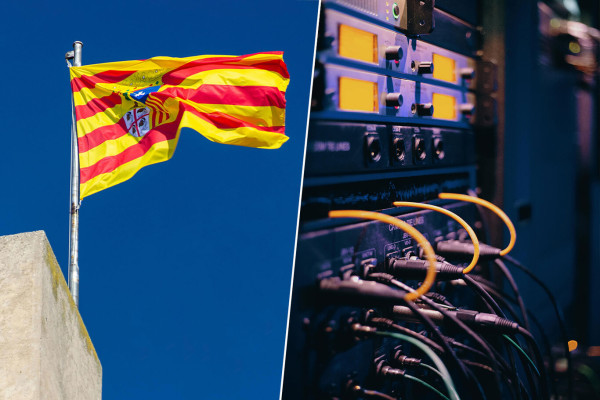social.outsourcedmath.com

In the last year, I’ve spent about 200,000 words on a kind of personal journey where I’ve tried again and again to work out why everything digital feels so broken, and why it seems to keep getting worse, despite what tech’s “brightest” minds might pr…Edward Zitron (Ed Zitron's Where's Your Ed At)

Find out how to read the Batman & Catwoman Wedding storyline and tie-ins with this handy reading order checklist.Trevor Van As (How To Love Comics)
December the 21st, 2024 – The Prečko school attack has prompted Prime Minister Andrej Plenković to announce emergencyEUROPE SAYS (EUROPESAYS.COM)
Un tânăr de 18 ani a fost adus din Italia în România sub escortă. Acesta avea pe numeleEUROPE SAYS (EUROPESAYS.COM)
The IAU Office of Astronomy for Education is the IAU's office focussed on primary and secondary education.astro4edu.org

As Donald Trump and Elon Musk fuel chaos in the ongoing government-shutdown fight, the author of a book on rural America explains how this fiasco is already revealing how Trump hoodwinked his voters.The New Republic

The IRIS² constellation of 290 medium and low-earth communication satellites will be operational by 2030 under a public-private partnership with the EU and SpaceRISE consortium.Thomas Ricker (The Verge)

Aragón se ha colocado en una posición privilegiada al frente de la carrera por los centros de datos que parece vivirse entre distintas comunidades autónomas,...Rubén Andrés (Energía)
Even the Christmas party is contaminated. Nothing escapes their clutches; no opportunity or event is permitted to beEUROPE SAYS (EUROPESAYS.COM)
Unficyp vehicles were still in the Frenaros-Vrysoulles buffer zone on Saturday morning, after tension escalated on Friday betweenEUROPE SAYS (EUROPESAYS.COM)
Image credit: Reuters MINSK, 21 December (BelTA) – The latest episode of the documentary series Time Chose UsEUROPE SAYS (EUROPESAYS.COM)
and why do some crash randomly or make your phone burn your hand?
It’s because every publisher has pumped their sites full of as much ad tracking software as possible
as a means of monetizing every single user in as many ways as possible,
helping ads follow you across the entire internet.
And why does everybody need your email?
Because your inbox is one of the few places that advertisers haven’t found a consistent way to penetrate.
It’s digital tinnitus.
It’s the pop-up from a shopping app that you downloaded to make one purchase,
or the deceptive notification from Instagram that you have “new views” that doesn’t actually lead anywhere.
It is the autoplaying video advertisement on your film review website.
It is the repeated request for you to log back into a newspaper website that you logged into yesterday
because everyone must pay and nothing must get through.
It is the hundredth Black Friday sale you got from a company that you swear you unsubscribed from eight times,
and perhaps even did,
but there’s no real way to keep track.
It’s the third time this year you’ve had to make a new password because another data breach happened and the company didn’t bother to encrypt it.